by Rosemary Lord
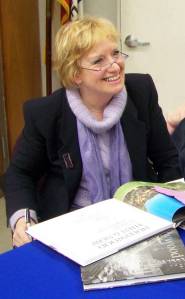
She was enjoying such a lovely holiday exploring the English Devon Coast, the charming fishing village and the cream-teas that were to die for. But it was the dead body she found in the Ladies’ Room of the church hall that made her pause. It was most inconvenient…

How come my mind goes to those bizarre ideas – and gruesome murders – or at least a simple dead body… I mean, it’s not like I am a mass-murderer – or that I even killed just one person – not that I recall….
Maybe I should have continued that opening as a sweet and charming Cozy. I do write Cozies, too. I’m not always weird.
Perhaps, I should be writing some ladylike Regency, Jane Austen style romance, or a simple bodice-ripper. Or a sci-fi marvel. Or a very clever spy thriller or possibly a police procedural. Or perhaps not.
But my writer’s mind just goes there. My sister thought it was because our grandpa was a police detective. Could be… So, it’s probably a good thing grandpa wasn’t an insurance salesman. I mean, even a door-to-door salesman would have more interesting tales to inspire a writer.
But where would we be without our writing, without our amazing world of imagination to escape in to. I often think how lucky we writers are. When life gets really tough, when things around us are going haywire, (like today!) when we’ve had more than just a ‘bad-hair-day,’ when we think that Life has given up on us – we have our writing to retreat to.
Make a nice mug of coffee or tea, settle down in our comfy office chair, a blank page in front of us and away we go. Whether it’s with pencil and pad or the familiar clacking of the computer keys – we are transported to another world. Our Writer’s World.

Tough to explain to anyone who doesn’t write. But suddenly we’re galloping across the Sahara Desert or sneaking through the back streets of Charles Dickens’ London or stretching out lazily aboard a luxurious yacht. How about enjoying a gourmet meal in a super-posh Paris restaurant, swimming in the Mediterranean – or walking across Regent’s Park, hearing the elephants at London Zoo in the background. Or climbing Mount Everest – if that’s where your mind goes…
You see how endless a writer’s imagination can be? And what a wonderful diversion from the tough times in the Life-of-Hard-Knocks, a distraction from everyday humdrum, or just a brief diversion from today’s offering.
Mark Twain said, “write what you know.” Which is sometimes very useful. But I find it much more fun to write about a world that I never inhabited. Besides, I absolutely love researching. I devour all the books, articles, newspaper clipping to do with whatever I am writing about. I especially love reading the 1910 or 1918 Sears & Roebuck Catalogues. Just like the adverts in old magazines, one can tell so much about life in those times when you see what they wore, household items they used and the hobbies they had. There are endless opportunities for stories in those pages. Even looking at the world around us today. The Farmers’ Almanac in Kentucky will have advertisements that spark an idea, or a fishing magazine in Finland, a local paper in New Zealand or the Scottish Highland Times – all sources of tidbits of ideas that, like Topsy, will grow. I find the Obituaries in these far-off places fascinating – apart from providing me with a cornucopia of character names to use.
What other profession gives one the opportunity to snoop, eavesdrop and blatantly plagiarize another’s life? The snooping is most fun!
And we get to add historical figures into our mix. Where else could one throw in a vision of the evil sinner Sisyphus, condemned to an eternity of pushing a boulder up a mountain, only to be thwarted once he got to the top, when the weight of the boulder forced it to start rolling downhill. So, he had to start again. And again. Or how about our use of oft-quoted characters from Shakespeare? You see – we get to use it all if we want.
So, after an extremely busy, stressful day at work, I retreat into my world of writing – this Blog being way overdue. And somewhere in my brain I am now thinking of taking that opening paragraph and running with it. Murder and mayhem in Devon anyone?
Whatever odd twists and turns my writer’s brain takes, I always feel so relaxed and satisfied when I can print out a new page or three. So maybe it’s a good thing to have that weird streak? I just know how lucky we writers are to have that Writers’ Place to go to.




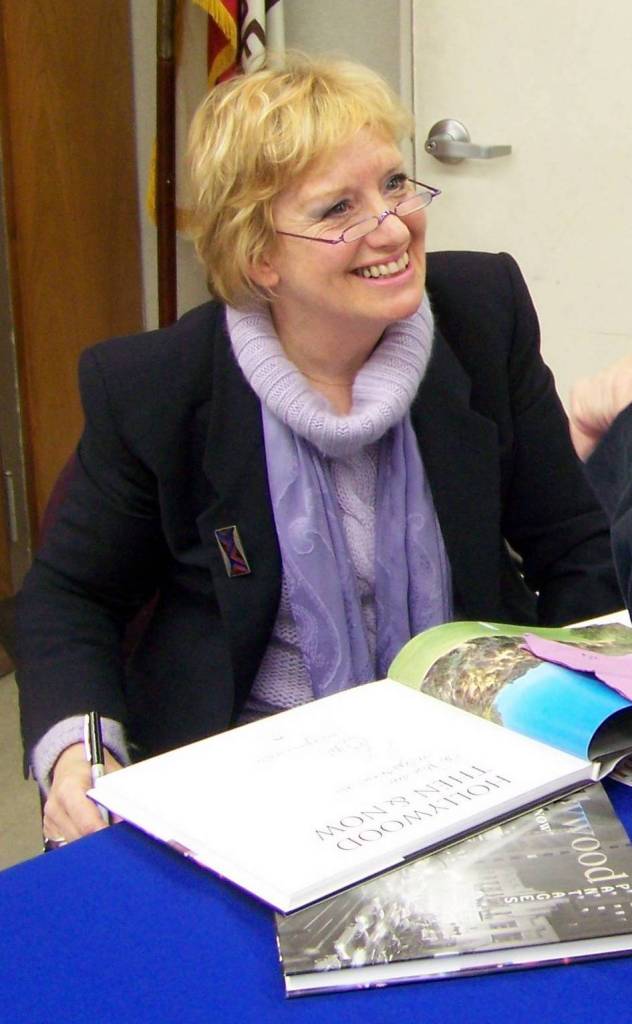





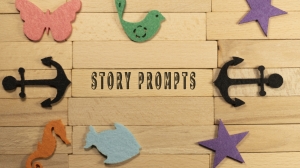
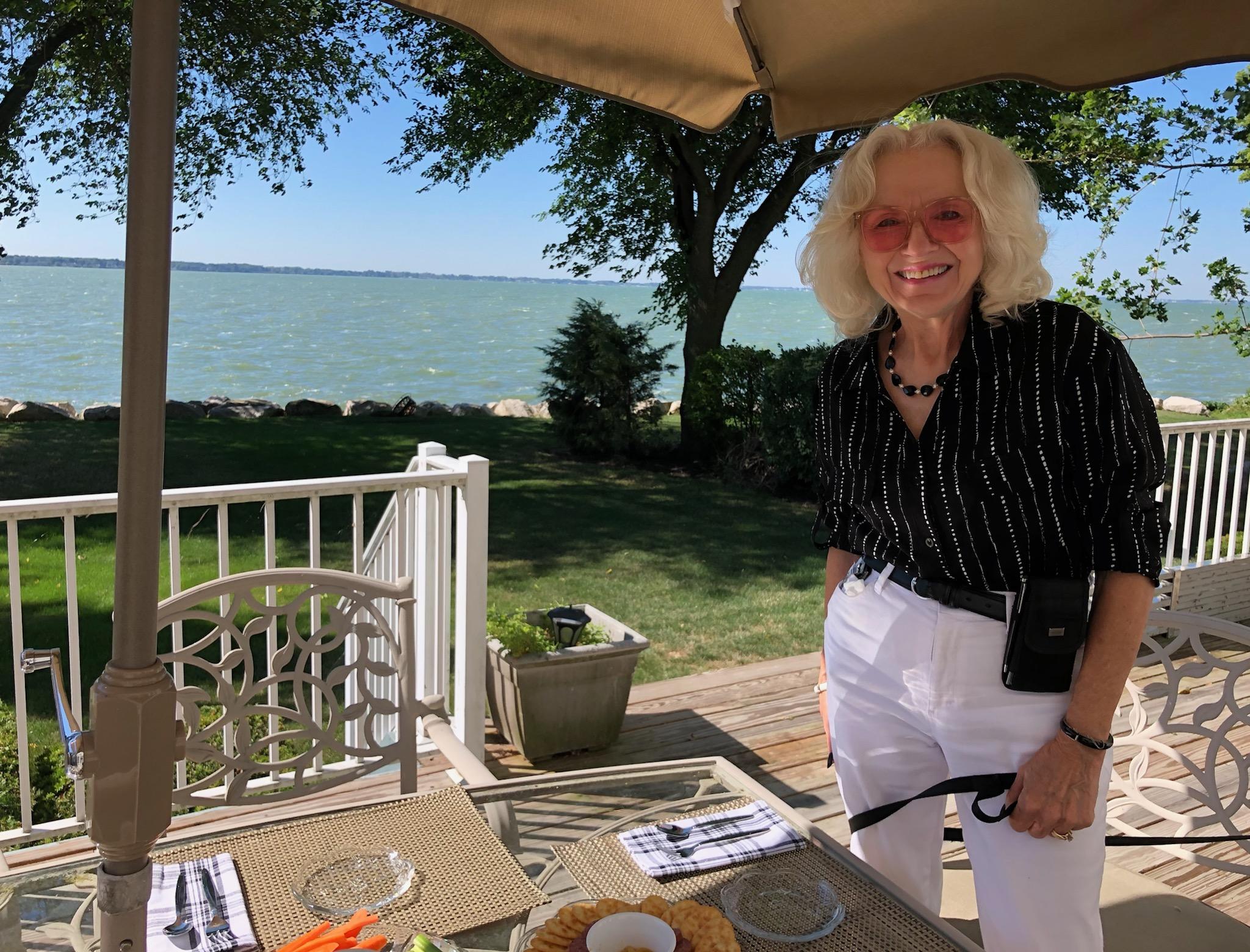
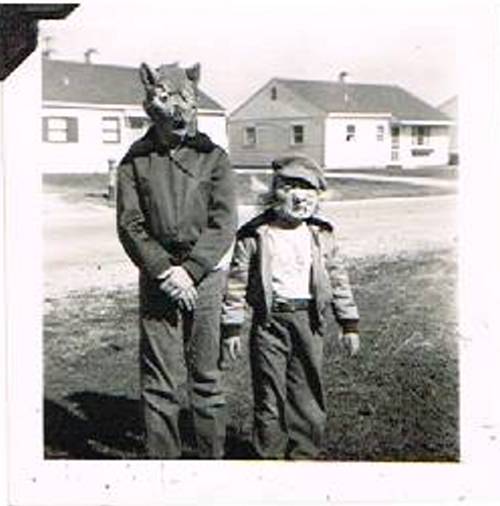
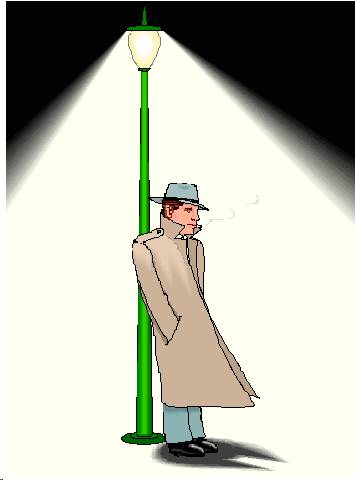

You must be logged in to post a comment.